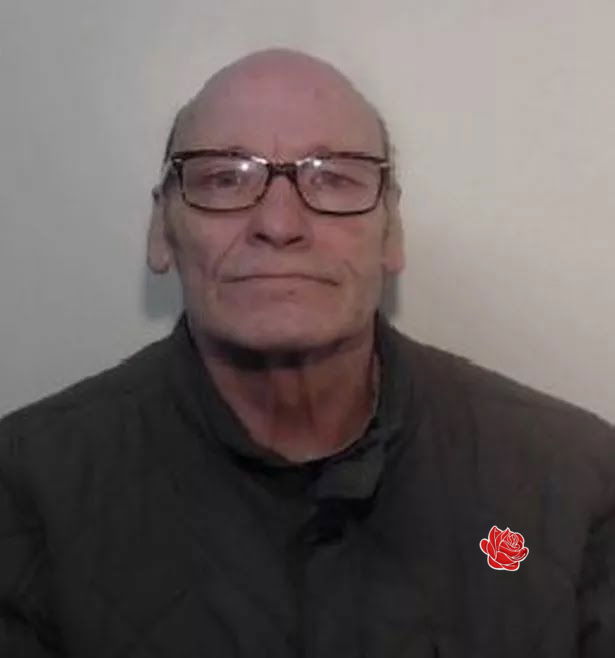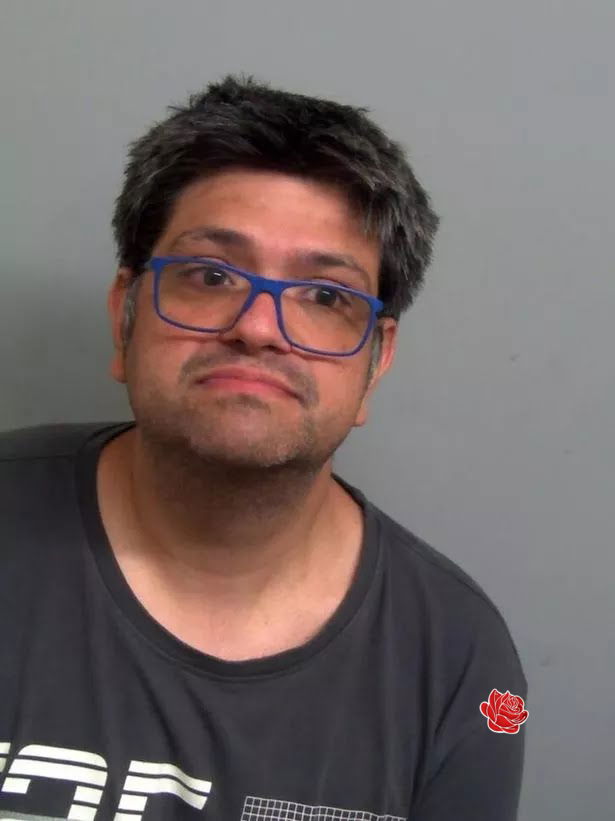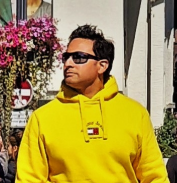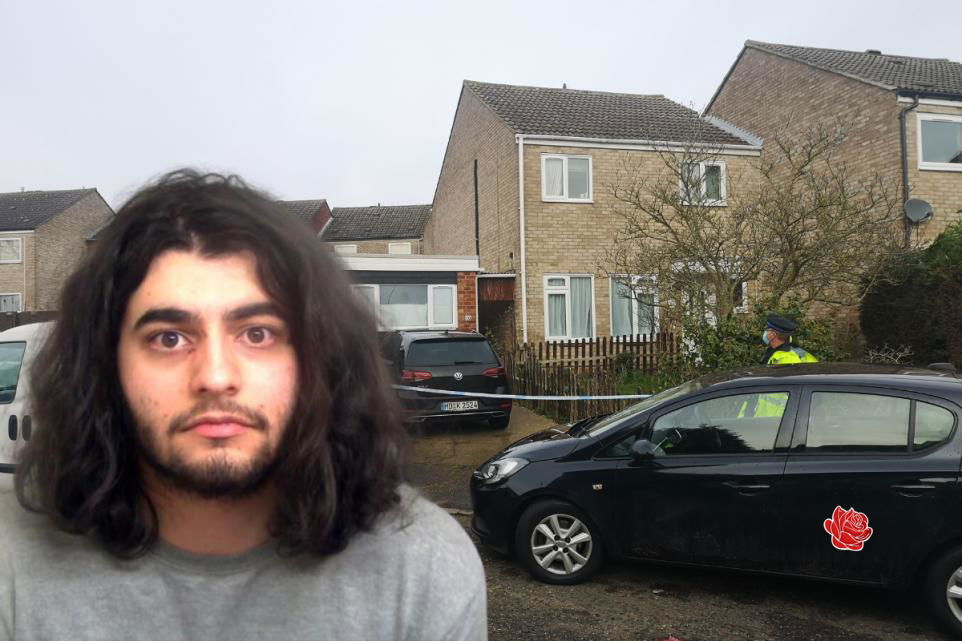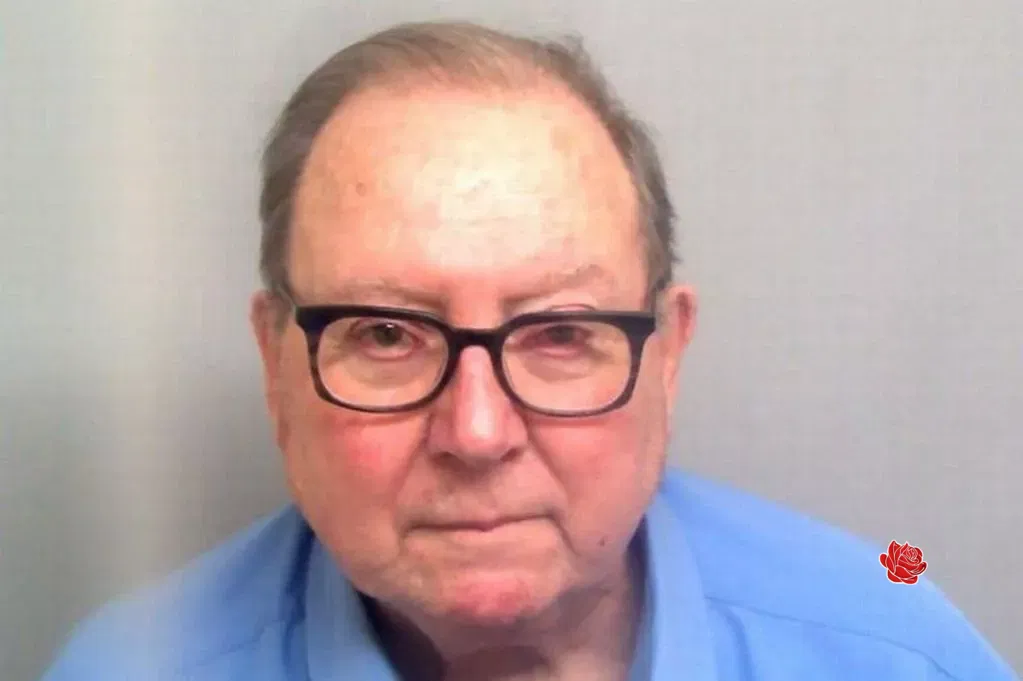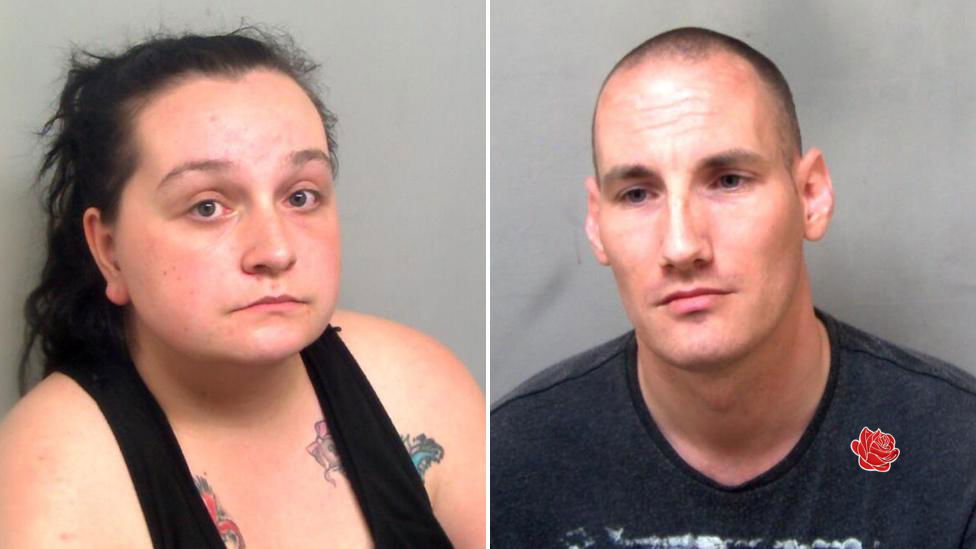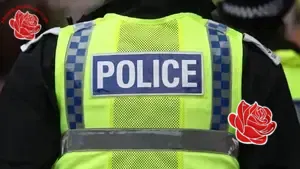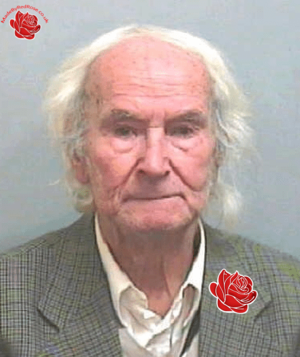Liam McGregor's Social Media Accounts
Know a Social Media Account Linked to Liam McGregor?
Want to add information? Log in to your account to contribute accounts and phone numbers.
LIAM MCGREGOR'S CRIMES IN CHELMSFORD AND COLCHESTER: A DISTURBING TALE OF ONLINE PREDATION AND COURT BANS
In August 2015, Liam McGregor, a man with a troubling history of online sexual offenses, was once again at the center of a serious investigation involving allegations of contacting underage girls with explicit messages. The case, which unfolded across the towns of Chelmsford and Colchester, revealed a pattern of predatory behavior that spanned several years and multiple locations.McGregor, who had previously been convicted of similar offenses, was found to have continued his illicit activities despite court-imposed restrictions. Court documents detailed how he was caught texting young girls with explicit messages using a smartphone, even after being banned from the internet. The court heard that McGregor had used his mobile device to send messages such as “I want to **** you” to a 14-year-old girl, and had asked her to send explicit photographs. These actions were part of a broader pattern of coercion and manipulation, with McGregor bullying his victims into performing sexual acts online while in their own homes.
His criminal record dates back to 2010, when he was convicted at Chelmsford Crown Court of four charges of inciting a child to engage in sexual activity and one count of making an indecent image of a child. At that time, he was living on Lucas Avenue in Chelmsford. Although he initially avoided jail, he was subject to a Sexual Offences Prevention Order (SOPO) that required him to notify police of his whereabouts. However, in October 2010, after failing to attend probation meetings, McGregor was sentenced to 12 months in a young offenders’ institution.
Further investigations uncovered that McGregor had been involved in additional online misconduct. Police found two sexually explicit conversations with underage girls on his mobile phone, which he was prohibited from possessing due to the restrictions of his SOPO. During the investigation, it was revealed that McGregor had been dividing his time between two addresses, one in Chelmsford and another in Colchester, where he was staying with two women. One of these women was aware of his previous convictions but was unaware of the full details, while the other had no knowledge of his criminal history.
Prosecutor Georgina Nicholas explained that McGregor had used the internet to connect with underage girls, often by being friendly at first, then crossing the line into coercion. She stated, “In 2010 he was using the internet to connect with girls under the age of 16 and on that occasion making photographs of those children. It was partly by being nice to them, and once things had crossed a certain line, bullying them into further activity.”
Further complicating the case, McGregor claimed he was homeless after moving to London from Essex, sleeping rough in the Blackfriars area, while in reality, he was dividing his time between two addresses. His mobile phone, which had internet access—a device he was explicitly banned from possessing—was seized, revealing numerous chat room contacts. Police discovered that he had contacted multiple individuals, including adult women and on two occasions, minors. The court heard that he sent explicit messages to a 14-year-old girl, including the phrase “I want to **** you,” and requested photographs from her.
McGregor admitted to breaching his SOPO by contacting underage girls, failing to comply with notification requirements, and possessing a phone with internet access. The judge, Peter Clarke, adjourned sentencing until September 18 to allow for a psychiatric assessment, warning McGregor that his repeated breaches of court orders indicated a serious risk. McGregor was remanded in custody pending sentencing.
Earlier, in October 2010, McGregor had been jailed for breaking a court order that restricted his movements and contact with minors. The court heard that he had been staying in Croydon, contrary to the order to reside in Essex. An assessment by probation services described him as posing a very high risk of harm to children, and he was sentenced to 12 months in a young offenders’ institution. At that time, he had already failed to attend probation appointments, which led to warnings from the court. During that period, he had also threatened girls online, telling one that she would be shot if she did not send compromising pictures, and threatening to post images of others on the internet.
Police investigations uncovered that McGregor had contacted girls aged between 14 and 15 through chatrooms, often after they had posted nude photos of themselves. He would demand more images and threaten them if they refused. One girl described her fear, saying, “I can’t put into words how scared he made me feel.” Police seized a laptop from his former home in Colchester, which contained 57 indecent images of young girls and evidence of his online contacts with minors. Despite his earlier convictions, McGregor had denied engaging in sexual activity with a girl between January 2008 and March of the previous year but was cleared after a trial.
In June 2010, McGregor was given a three-year supervision order and was required to participate in a sex offender treatment program. He was also placed on the sex offenders’ register for five years. His history of threats, manipulation, and online predation underscores the ongoing danger he poses, prompting authorities to remain vigilant. The case highlights the importance of online safety measures and the need for continued efforts to protect vulnerable children from predators like Liam McGregor, whose criminal activities have spanned multiple locations and years, leaving a trail of victims and legal consequences in their wake.


